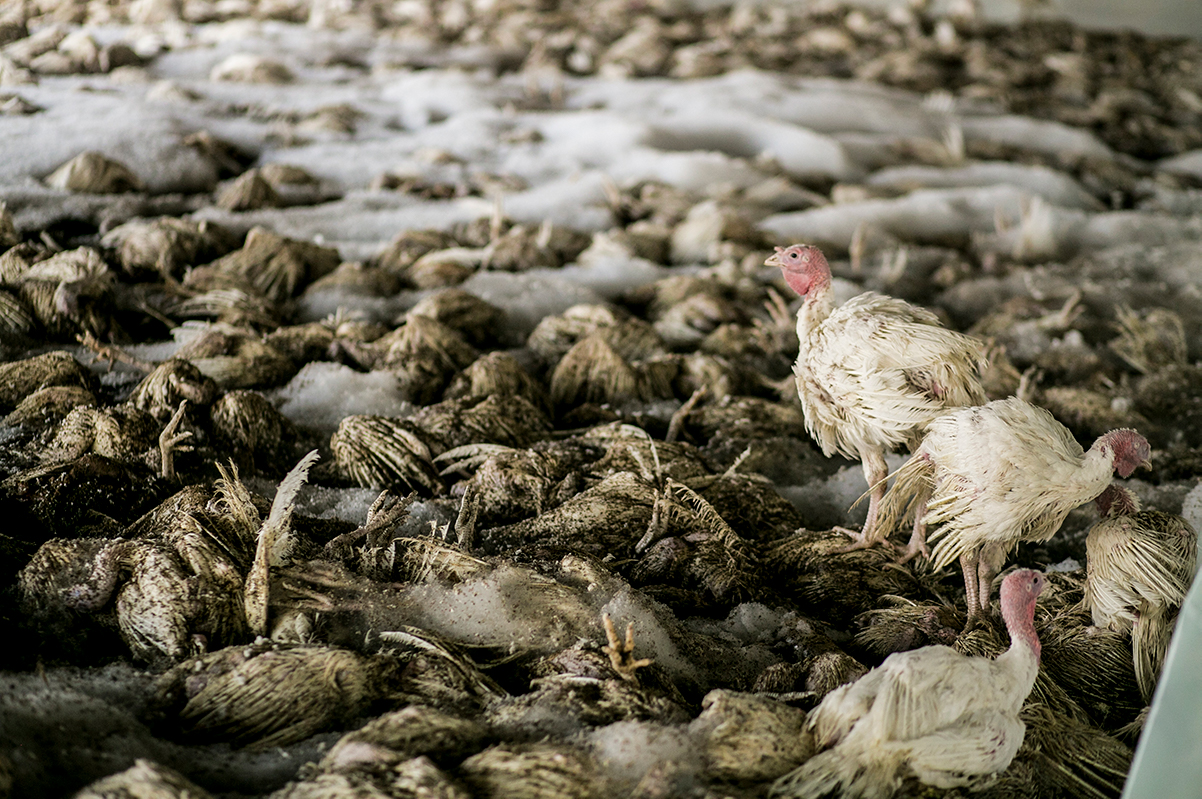Clinical Manifestations and Diagnosis: Avian Influenza

Avian influenza, also known as bird flu, is a highly contagious viral infection that can affect both poultry and humans. The clinical signs and symptoms of avian influenza vary depending on the species affected.
Clinical Signs and Symptoms in Poultry
In poultry, avian influenza can cause a wide range of clinical signs, including:
- Respiratory signs: coughing, sneezing, nasal discharge, difficulty breathing
- Neurological signs: tremors, seizures, paralysis
- Digestive signs: diarrhea, vomiting, loss of appetite
- Ocular signs: conjunctivitis, swelling of the eyelids
- Skin lesions: bruising, hemorrhages
- Sudden death
Clinical Signs and Symptoms in Humans
In humans, avian influenza can cause a range of clinical signs, including:
- Respiratory signs: fever, cough, sore throat, shortness of breath
- Muscle aches and fatigue
- Headache
- Diarrhea
- Eye infections
- Pneumonia
- Respiratory failure
li>Nausea and vomiting
Diagnosis
Avian influenza is diagnosed based on clinical signs, laboratory testing, and epidemiological information.
Laboratory testing for avian influenza can be performed on samples of respiratory secretions, blood, or tissue. The most common laboratory test for avian influenza is the polymerase chain reaction (PCR) test, which can detect the presence of the virus’s genetic material.
Differential Diagnosis
The differential diagnosis of avian influenza includes other respiratory infections, such as:
- Newcastle disease
- Infectious bronchitis
- Avian paramyxovirus
- Influenza A virus
Prevention and Control

Avian influenza is a highly contagious viral disease that can affect both poultry and humans. To prevent and control outbreaks of avian influenza, a combination of biosecurity measures, vaccination, and outbreak management strategies is essential.
Biosecurity Measures
Biosecurity measures are practices that help prevent the introduction and spread of avian influenza virus into poultry flocks. These measures include:
- Restricting access to poultry flocks by unauthorized personnel and vehicles.
- Implementing proper sanitation and disinfection procedures for equipment, facilities, and personnel.
- Controlling the movement of poultry and poultry products.
- Monitoring poultry flocks for signs of disease and reporting any suspected cases to veterinary authorities.
Vaccination, Avian influenza
Vaccination is an important tool for controlling avian influenza. Vaccines can help to protect poultry from infection with the virus, reduce the severity of clinical signs, and decrease the shedding of virus in infected birds. Vaccination programs should be tailored to the specific needs of each poultry operation and should be based on the recommendations of veterinary authorities.
Outbreak Management and Response
In the event of an avian influenza outbreak, it is critical to implement effective outbreak management and response strategies. These strategies include:
- Quarantining infected flocks and restricting movement of poultry and poultry products from the affected area.
- Implementing strict biosecurity measures to prevent the spread of the virus to other flocks.
- Culling infected flocks to prevent further spread of the virus.
- Surveillance and monitoring of poultry flocks in the affected area to detect and contain any new outbreaks.
Guys, you know avian influenza is a serious threat to poultry and humans alike? It’s like a deadly game of hide-and-seek where the virus keeps popping up in different places. Just when we think we’ve got it under control, it shows up somewhere else, like the unexpected July snowfall at the Philadelphia airport.
Check it out , it’s like the virus playing a cruel joke on us. But hey, at least we can learn from these incidents and stay vigilant to keep avian influenza at bay.
Hey guys, did you know that avian influenza is a serious threat to poultry? It’s like the NFL’s Detroit Lions , always struggling to make it to the playoffs. But just like the Lions, avian influenza can spread quickly and cause major damage.
So, let’s be careful and protect our poultry from this nasty virus.